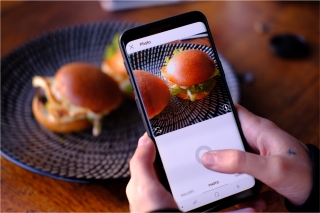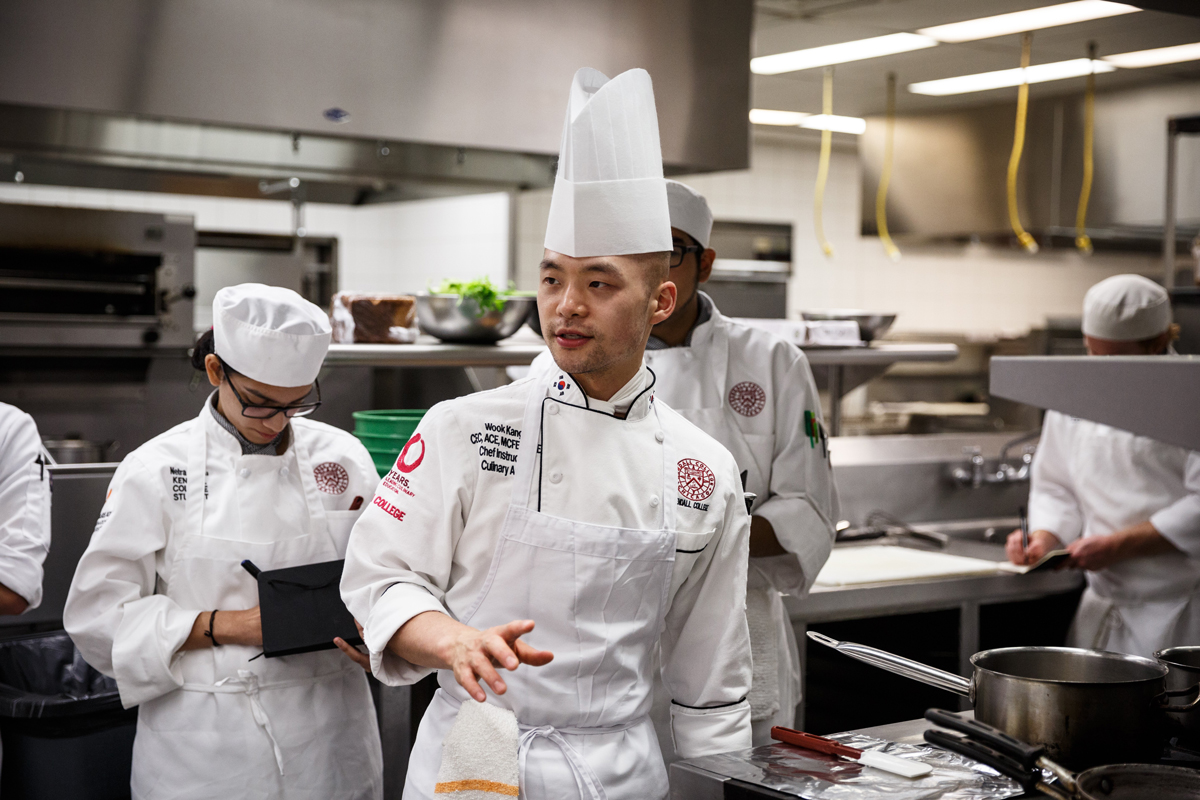
Teaching a Reel Generation
02 October 2023Creating realistic expectations for students immersed in Instagram reels and TikTok. Instant gratification does not come in an instant.
By Wook Kang, Executive Director of Partnerships/Program Chair at National Luis University/Kendall College
Feedback & comments: This email address is being protected from spambots. You need JavaScript enabled to view it.
 If a student watches a video, do they feel confident that they too can replicate the viewed content? Most of the time, the answer is yes. Moving students away from a digital world is a difficult (if not impossible) task. As more and more people use social media such as Instagram and TikTok, it becomes a main source of information as well as entertainment. However, can it serve both roles accurately?
If a student watches a video, do they feel confident that they too can replicate the viewed content? Most of the time, the answer is yes. Moving students away from a digital world is a difficult (if not impossible) task. As more and more people use social media such as Instagram and TikTok, it becomes a main source of information as well as entertainment. However, can it serve both roles accurately?
Some students may want to be the best chef in the world and feel they can get there after watching several short reels. They think these videos tell the real story. The watched clips can be a quick tutorial but rarely does the video show how the presenter became proficient or perhaps a master. It does not show the practice. For students whose definition of cooking is through a digital lens, educators must inform students that understanding cooking is more than a “reel-world” experience. Educators can use technology to highlight skills and techniques - even videos, but a career in cooking or baking requires much more.
Educators know the importance of cooking foundations and showcase these skills daily in their classrooms. It is so important for students to understand that cooking in a professional environment does not always work in 30 seconds! Teaching a digital generation has many positives, but students must understand that instant gratification does not necessarily come in an instant. The video they watched on social media was carefully curated with possibly many retakes. The mise en place may have required two hours. The creator could also be a professional and have spent years practicing their craft and mastering the foundations. Therefore, students must also be engaged in learning foundational methods and techniques such as knife skills and food safety.
As students become more informed, they will realize the importance of practice. Once this happens, it becomes a natural progression where they understand the real flow of a reel they watched on social media. The videos will have more clarity, whereas before for example, the student didn’t understand how a chicken became brown in the video. But when they understand the sauté technique, they know the background information to get the chicken to become the way that it did.
A more-informed student will also understand that to get to a certain level or reach a certain confidence level requires an intensity of learning and a great deal of work applying the fundamentals. They will learn this as they begin to demonstrate their own skills with ease. This is something not usually shown in social media. The experts have spent years to become a high-level chef or even competent cook.
This is the reason why we as educators must demonstrate and help students understand that a hobby can be a profession. But once it becomes a profession, one must look at it from a different lens. Rigor is required for a profession that is more than a reel; it is real.
